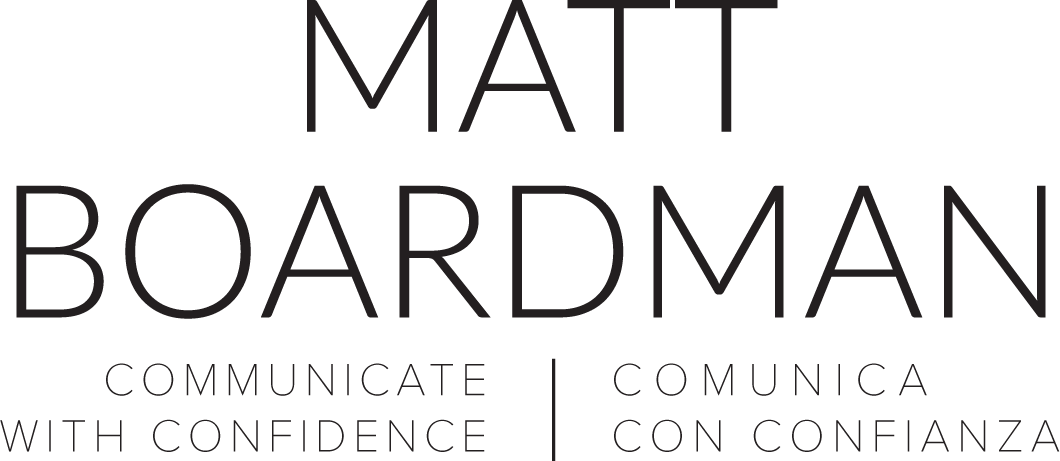Have you ever had someone react to you in a way that seemed completely out of proportion, or even bizarre? It might be because you made a simple error, which you could avoid in future by remembering a principle based on comic strips.
Most of us are very capable of empathy towards others, but we often forget to take the time to consider whether the other person might need it right now. Whether at a networking event or with our friends and family, it can be immensely useful to bear in mind that it isn’t immediately obvious what has just happened in the comic strip of their life.
The blank panel
In 2013 I spent a month project-managing for an education charity working with rural schools in Uganda. Because of a tight budget, we had as a group agreed strict rules on the use of communal food items. On one particular day, I wanted to raise a minor grievance with James, one of the volunteers, who had left a milk bottle in direct sunlight. Given that we were not currently attempting to produce cheese, this was a universally negative place for the milk bottle to stand. Not usually being one to cry over churned milk, and generally a fan of Richard Carlson’s Don’t Sweat the Small Stuff, my purpose in bringing this up was simply to be consistent and not because it was particularly vital.
When James returned to our flat just before dark that evening, I wanted to raise the issue immediately and calmly while I remembered about it.
Matt: “Hey James, welcome back. Just before I forget, and while it’s not a huge deal, I think you left the milk outside again and I’d be grateful if you’d try to remember not to since we made a big deal about shared food with the other volunteers.”
James: (Moving swiftly to bedroom and shutting door) “Oh for [expletive]’s sake.”
Uncovering the blank panel
What I hadn’t done was take a moment to consider what might have come before that moment in James’s life. It is far, far too easy to assume that the default state of those around you is one in which things are going well and they are feeling at their most confident. In this state, it’s natural to imagine they’re ready to hear our grievance and respond to it fairly.
It’s pretty illogical, however.
If we view James’s life as a comic strip for a moment (setting aside the fact that there are very few comic strips based on educational projects in East African secondary schools), I actually had no idea what had happened in the panel before the one I featured in. I knew the rough contents (he had been on a school visit) but nothing of how they had played out. I was dealing with a blank panel. Had I taken a moment to find out, I might have done things differently.
Matt: “Hey James, how did it go?”
James: “Really badly. The visit was fine but on the way back we had a traumatic incident with a rabid eagle and a burning car.” [I cannot remember the exact incident, so have substituted reality for something suitably dramatic]
Matt: “Wow, are you okay?!”
He was, but naturally shaken up. If I had filled in James’s blank panel straight away, my assessment of how important the milk issue was would have changed immediately and I would have left it for the following day, or dropped it altogether. The blank panel won’t always be filled with something so extreme, of course, nor will their low mood be obvious, but reminding yourself that you have no idea what’s happened beforehand can be immensely helpful.
But empathy isn’t just important when the blank panel is negative. If James had returned from the visit brimming with excitement about how excellent the school was and how positively we could work with its head teacher, the priority of the milk issue would also slip. It would be more important to join him in his excitement and listen properly, which would in turn strengthen our relationship and make it easier to eventually bring up the milk. Like asking the right kind of question, finding out about the other person’s life in the immediate term shows you want to communicate with them on their level.
By taking a moment to remind yourself that you really have no idea what happened in the other person’s blank panel, you can communicate with empathy and with the confidence that when you do raise an issue you understand where they’re coming from.



